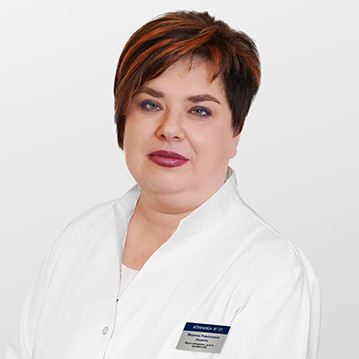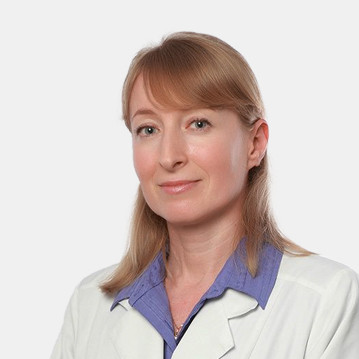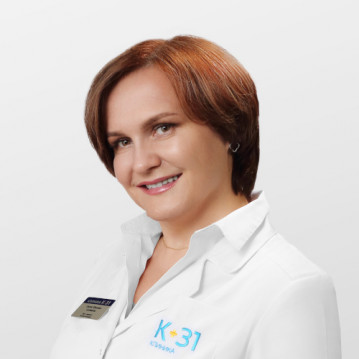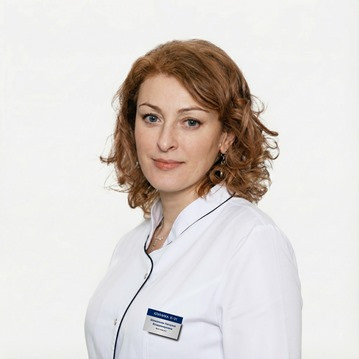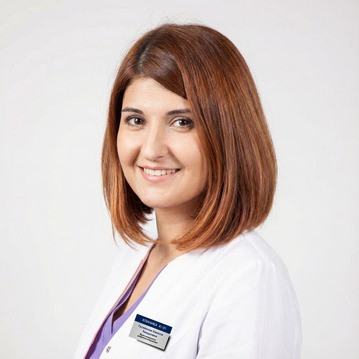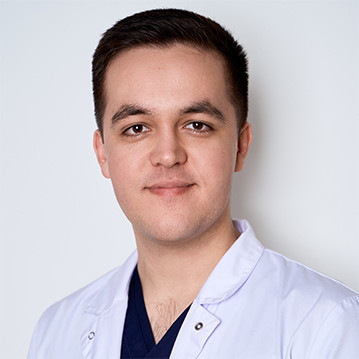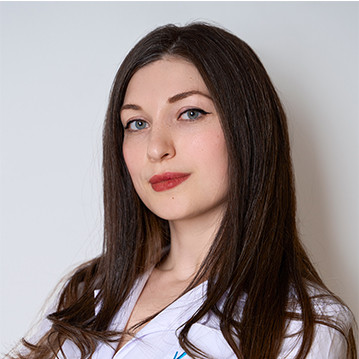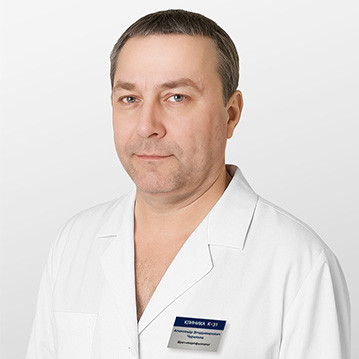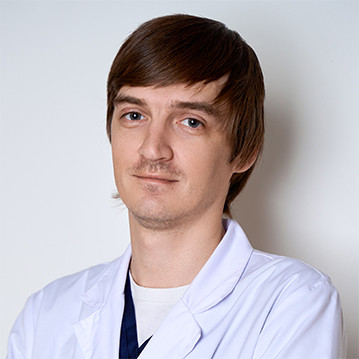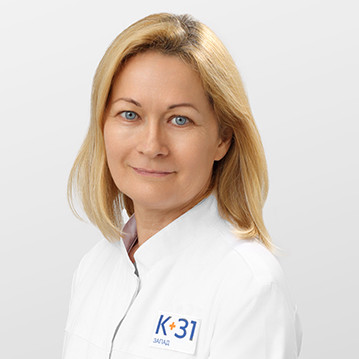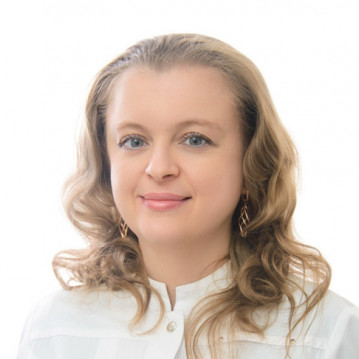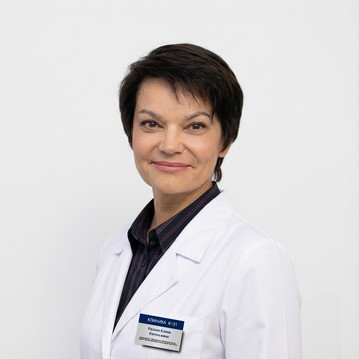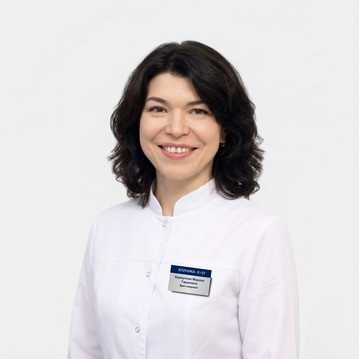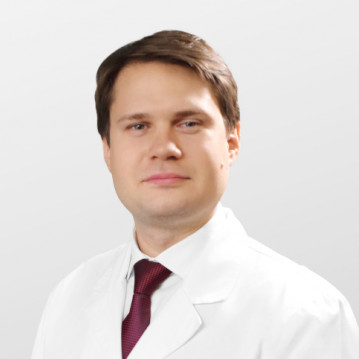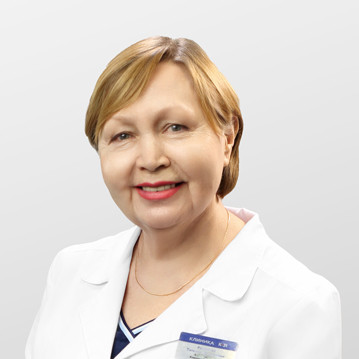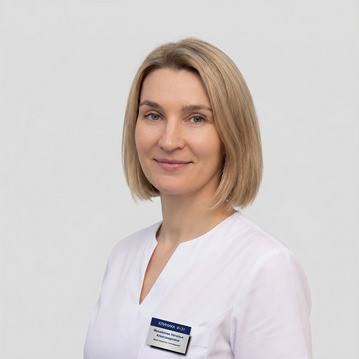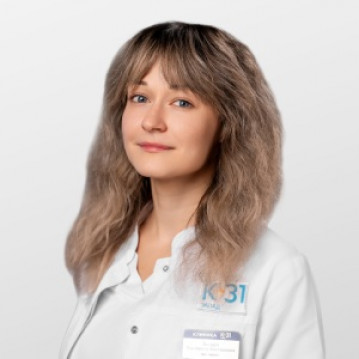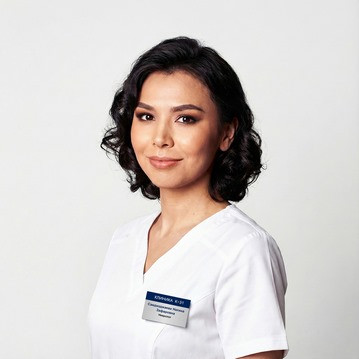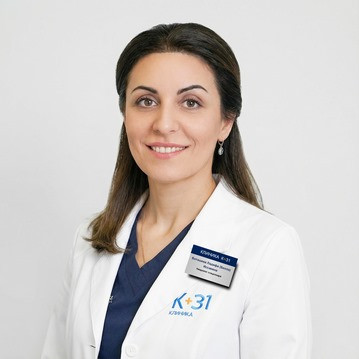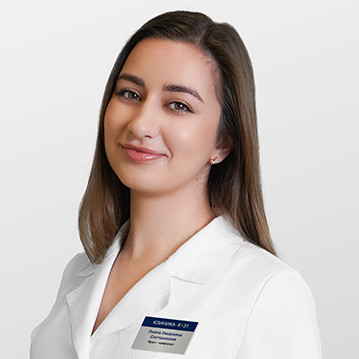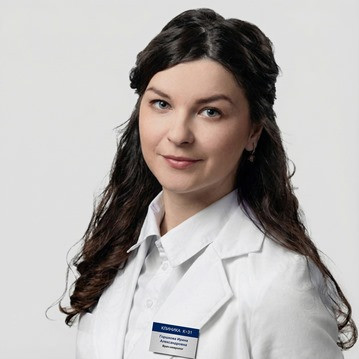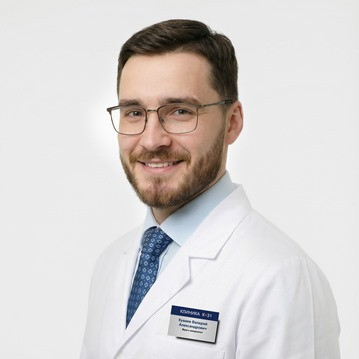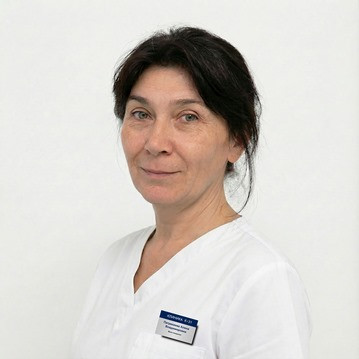Ultrasound examination (ultrasound) is a highly informative, non-invasive, mobile, painless method of visualizing human organs and tissues, widely used in all areas of modern medicine. Ultrasonic waves propagate in the environment with a frequency of more than 20,000 Hz. The propagation velocity of an ultrasonic wave is determined by the density and elasticity of the medium. The average velocity of ultrasound propagation in the tissues of the human body is 1540 m / s - most ultrasound diagnostic devices are programmed at this speed.
Clinic K + 31 Medical Center has stationary and portable ultrasound devices of expert and premium class from leading manufacturers of ultrasound equipment (Toshiba, General Electric, Mindray), with a wide range of diagnostic capabilities, an excellent degree of imaging, with Doppler imaging programs, panoramic scanning building a volumetric image in real time.
The Toshiba Aplio MX premium ultrasound devices installed in the clinic include all the innovative ultrasound imaging technologies, have a number of unique features that allow you to receive gray-scale images of unprecedented quality with an exceptionally detailed study of tissue and organ structures regardless of their location and constitutional features of the patient. These technologies include ApliPure and ApliPure + - real-time complex scanning modes with simultaneous noise elimination, Differential THI differentiated tissue harmonics, Precision Imaging technology - simultaneous processing of many adjacent ultrasound lines. Aplio MX allows you to conduct all currently known ultrasound in spectral and color Doppler modes.
Tsareva
Elena Vyacheslavovna
Elena Vyacheslavovna
Neurologist, somnologist
Cherepenina
Anna Victorovna
Anna Victorovna
Neurologist
Sitnikova
Oksana Yuryevna
Oksana Yuryevna
Neurologist
Shamalova
Nataliya Vladimirovna
Nataliya Vladimirovna
Neurologist
Huseynova
Kamila Timurovna
Kamila Timurovna
Neurologist, reflexologist
Tatarenko
Alena Igorevna
Alena Igorevna
Leading neurologist, Parkinson specialist, psychiatrist
Mamhegov
Eldar Zamirovich
Eldar Zamirovich
Neurologist
Omarova
Sabina Magomedovna
Sabina Magomedovna
Leading neurologist, parkinsonologist
Chernyakov
Alexander Vladimirovich
Alexander Vladimirovich
Neurophysiologist
Tikhonov
Anton Vladimirovich
Anton Vladimirovich
Radiologist
Konstantinova
Natalya Viktorovna
Natalya Viktorovna
Neurologist
Remezova
Tatyana Vasilevna
Tatyana Vasilevna
Neurologist, pediatric
Vazyuro
Ekaterina Viktorovna
Ekaterina Viktorovna
Neurologist
Saidkhodzhaeva
Nigina Zafarovna
Nigina Zafarovna
Neurologist
Botasheva
Ladifa (Bella) Issaevna
Ladifa (Bella) Issaevna
Inpatient neurologist
Soltakhanova
Leila Omarovna
Leila Omarovna
Neurologist
Gorshkova
Irina Alexandrovna
Irina Alexandrovna
Neurologist
Kuvaev
Valery Alexandrovich
Valery Alexandrovich
Neurologist
Patrikeeva
Alina Vladimirovna
Alina Vladimirovna
Neurologist
